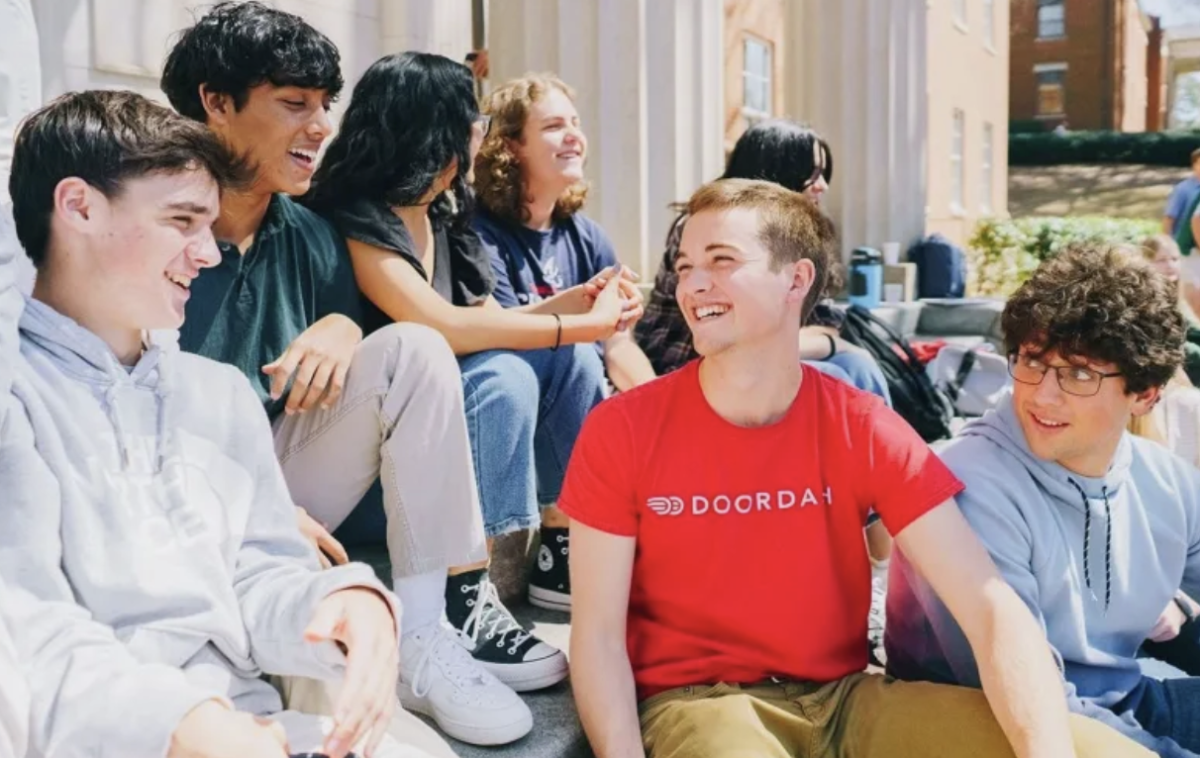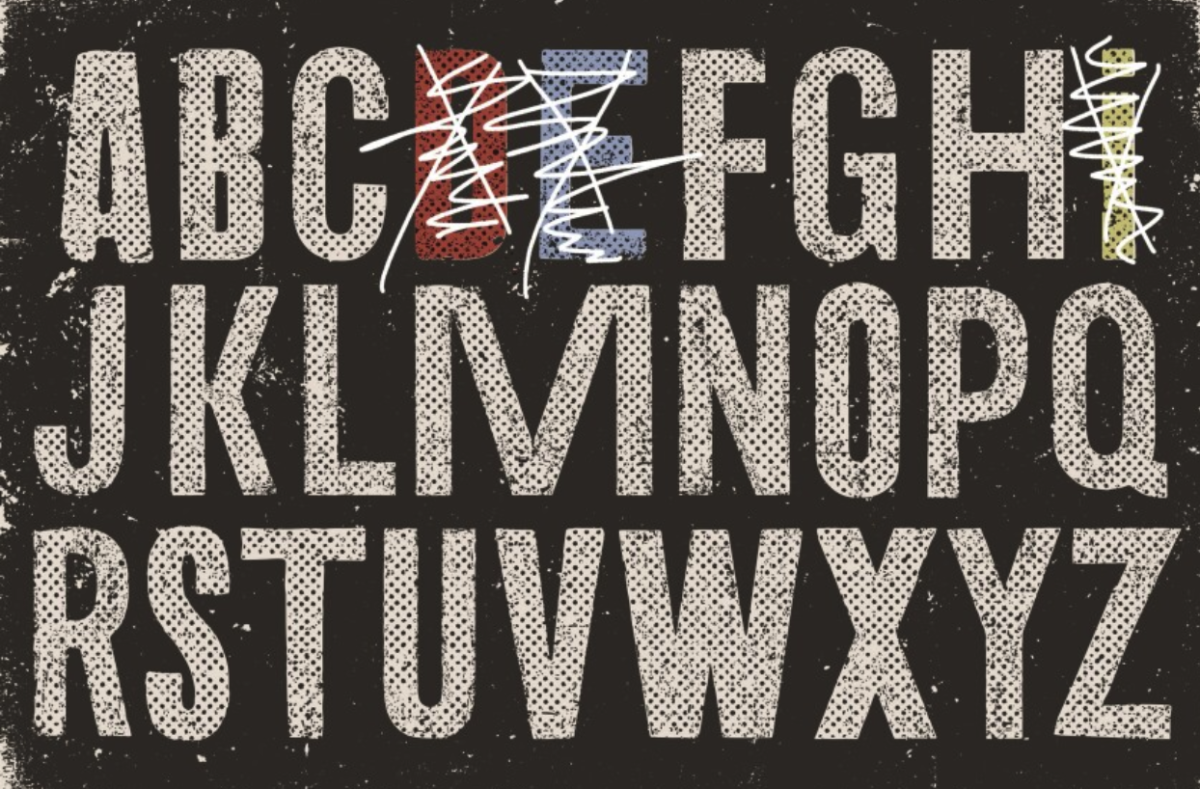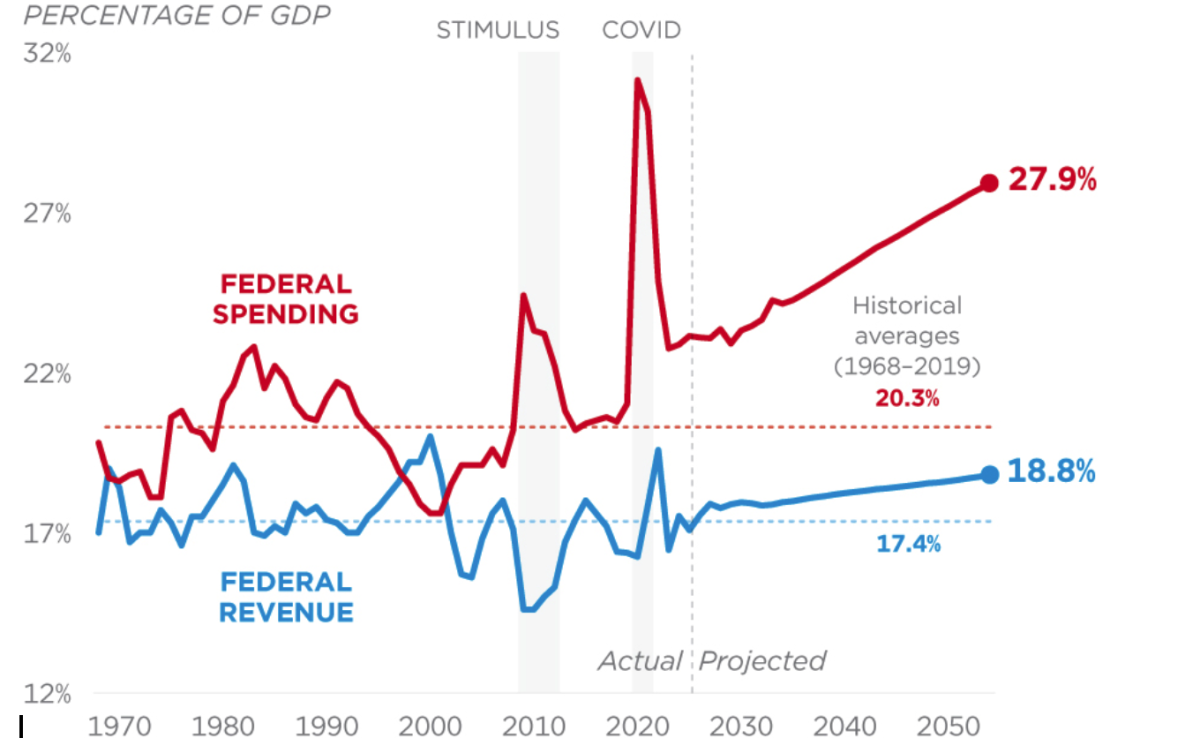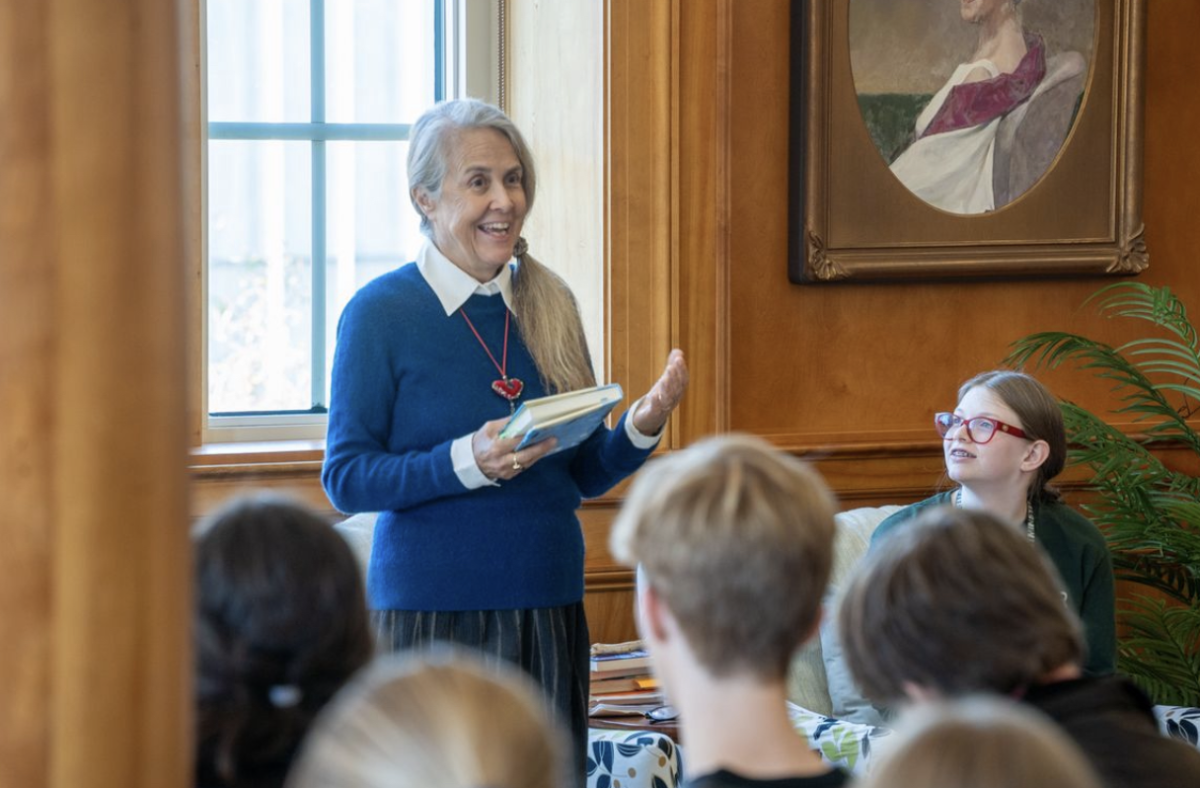In a world that often feels increasingly divided, finding spaces of belonging and shared understanding is essential. At Westminster, the affinity groups provide exactly that— a sanctuary where students and faculty can gather, celebrate shared identities, and explore their differences in a supportive environment. Groups like Mooncakes, Café con Leche, Cocoa Conversations, and UNITED celebrate diversity while fostering a sense of community. These groups, open to all who identify, have become vital in creating an inclusive culture on campus amidst the bustle of academic life.
At their core, affinity groups are about connection— both to oneself and to others. This dual focus on personal identity and shared experience is essential, helping students navigate their individuality while participating in a collective dialogue.
“Community is about having a space where you feel welcome,” said senior Hailey McGruder, a lead of Cocoa Conversations. For McGruder, creating this sense of belonging for Black students is both a responsibility and a privilege.
“We want people to know they have someone to turn to when they face challenges—whether it’s a hard day, dealing with identity, or experiencing racism.”
This sentiment is echoed by senior Kathryn Johnson, a lead of UNITED, Westminster’s LGBTQ+ affinity group.
“For us, community is about the connections we make with each other, especially in spaces where we can’t always be out in the open,” said Johnson.
UNITED offers a space for students to de-stress and talk about their week. Whether it’s a lighthearted conversation about weekend plans or deeper discussions about personal challenges, the group provides a judgment-free environment where students feel heard and supported.
Beyond these weekly conversations, UNITED also fosters collaboration and creativity among its members. Planning for Pride Week, for example, became a collaborative effort, with members finding ways to contribute that fit their comfort levels.
“Even though we can’t always do public outreach, the strength of our community comes from supporting each other within our group,” said Johnson.
The structure of Westminster’s affinity groups aligns with guidelines from the National Association of Independent Schools (NAIS). These guidelines emphasize three core elements: education, purposeful growth, and inclusivity. At Westminster, affinity groups are voluntary, creating a safe space for genuine dialogue and connection. For willing students, the groups provide a space for self-reflection, mutual understanding, and the opportunity to grow both individually and as a community.
For Steve Frappier, an Upper School college counselor and faculty advisor for Mooncakes, the groups represent more than just a meeting space. Growing up in a multiracial, East Asian household, he knows firsthand the power of shared experiences.
“Even within our diversity, there’s diversity,” said Frappier, highlighting the range of cultures, languages, and traditions that come together in Mooncakes. He emphasized the importance of providing spaces where students can embrace and explore their identities while building meaningful connections with peers.
This visibility often extends beyond the Upper School. Mooncakes, for instance, organizes events that bridge divisions within Westminster. Their fall Mid-Autumn Festival and Lunar New Year celebrations facilitate community events. Moreover, smaller moments, such as a lunch with the Lower School’s “Little Dumplings” affinity group, truly capture the spirit of connection.
Affinity groups also provide unique opportunities for students to see reflections of their own identities in role models and alumni. For Cocoa Conversations, one highlight of the year was hosting a panel discussion with Tyler Mitchell, a Black alumnus and renowned photographer. Mitchell, whose work has been featured in the High Museum and on the covers of Vogue, shared his journey, offering inspiration to students navigating their paths.
“It was powerful to see someone who looks like us, from our school, succeed in such a niche field,” said McGruder.
At its heart, the success of Westminster’s affinity groups lies in their ability to provide spaces where students feel seen, heard, and valued. Whether it’s through organizing events, sharing cultural traditions, or simply offering a listening ear, these groups have become an essential part of campus life.
With initiatives like these, Westminster continues to demonstrate its commitment to diversity, equity, and inclusion. Through the efforts of student leaders and faculty advisors, the school’s affinity groups provide not only a sense of belonging but also a platform for growth, empowerment, and lasting connection— a testament to the power of community.
Edited by Selena Patel






